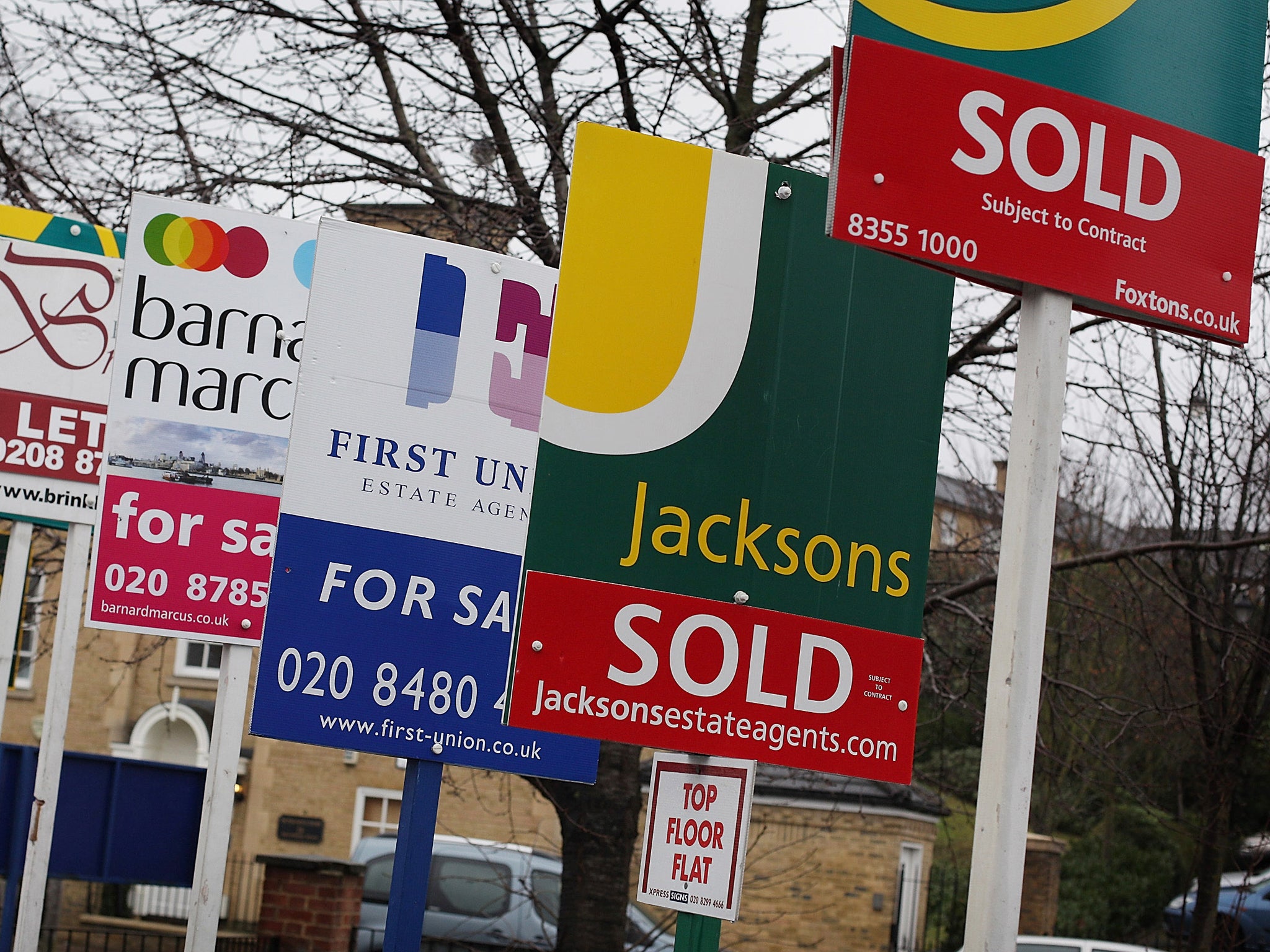House prices up by 8.8% in 2013, Nationwide says
However prices remain 4% below their 2007 peak

The UK's housing boom has continued into the New Year with prices climbing 8.8 per cent year-on-year in January, according to Nationwide.
Prices lifted by 0.7 per cent month-on-month to reach £176,491 on average in the UK, marking the 13th monthly rise in a row as consumer confidence grows, the building society said.
The 8.8 per cent annual increase is the biggest jump since May 2010 and follows an 8.4 per cent year-on-year uplift in December, although Nationwide said prices are still about 4 per cent below their 2007 peak.
Robert Gardner, Nationwide's chief economist, said: "The housing market is continuing to gather momentum on the back of further solid gains in employment, record low mortgage rates and rising confidence."
He said there have been "encouraging signs" that housing market activity is returning towards "more normal levels", with recent HM Revenue and Customs figures showing that the number of house sales in December increased to 103,000, which is up by almost a third (30%) on the same month in 2012.
Nicholas Ayre, managing director of homebuying agency Home Fusion, said: "What is really good news is that this is the first time we have seen first time buyers driving the market forwards and upwards, representing 44 per cent of lending activity in the last three months of 2013. This is critical to the wellbeing of the housing market, as it unlocks mobility, enabling subsequent buyers to move up the housing ladder and is not something we have seen for a while.
"We are also seeing a sensible mortgage market, with 20 per cent deposits for first time buyers and more mortgages being taken on a repayment basis as opposed to interest-only. While this is no doubt a reflection of the strict supply of interest-only mortgages, it also means that first time buyers are possibly getting help from the Bank of Mum and Dad and we are seeing some of the effects of Help to Buy filtering though into the numbers. The biggest threat comes from a lack of supply. Whilst the latest GDP figures show construction picking up, we are still faced with the long lead times to bring these properties to market."
Last week, the British Bankers' Association (BBA) reported that the number of mortgage approvals granted to home buyers lifted to a six-year high of 46,521 in December.
The BBA said the rising figures are further evidence of blossoming consumer confidence and the impact of Government support schemes such as Help to Buy.
Figures released yesterday by the Department for Communities and Local Government showed there have been 12,875 sales of newly built properties through the Help to Buy equity loan scheme since its launch nine months ago.
A second phase of Help to Buy, which offers state-backed mortgages to people wanting to buy a new-build or an existing property, was launched in October and since then the number of mortgages on the market for people with just a 5 per cent deposit has tripled.
Mr Gardner described first-time buyers as "the lifeblood of the housing market". He said that at present, the typical first-time buyer home costs 4.6 times average earnings, which is well above the 20-year average of 3.6 times earnings but less than the 5.4 recorded at the top of the market in 2007.
Mr Gardner said more than a million first-time buyers have entered the market since the Bank of England base rate was cut to its historic 0.5 per cent low in 2009.
He cautioned: "While we do not expect interest rates to rise until mid-2015, borrowers should be prepared for the prospect of interest rates increasing back towards more normal levels."
Toughened mortgage rules are due to be introduced in April, which experts have said are likely to keep a lid on lending.
The new rules aim to prevent any return to irresponsible lending and mean that lenders will have to consider not only whether someone can afford their mortgage repayments now but also when interest rates eventually start to rise.
Subscribe to Independent Premium to bookmark this article
Want to bookmark your favourite articles and stories to read or reference later? Start your Independent Premium subscription today.

Join our commenting forum
Join thought-provoking conversations, follow other Independent readers and see their replies